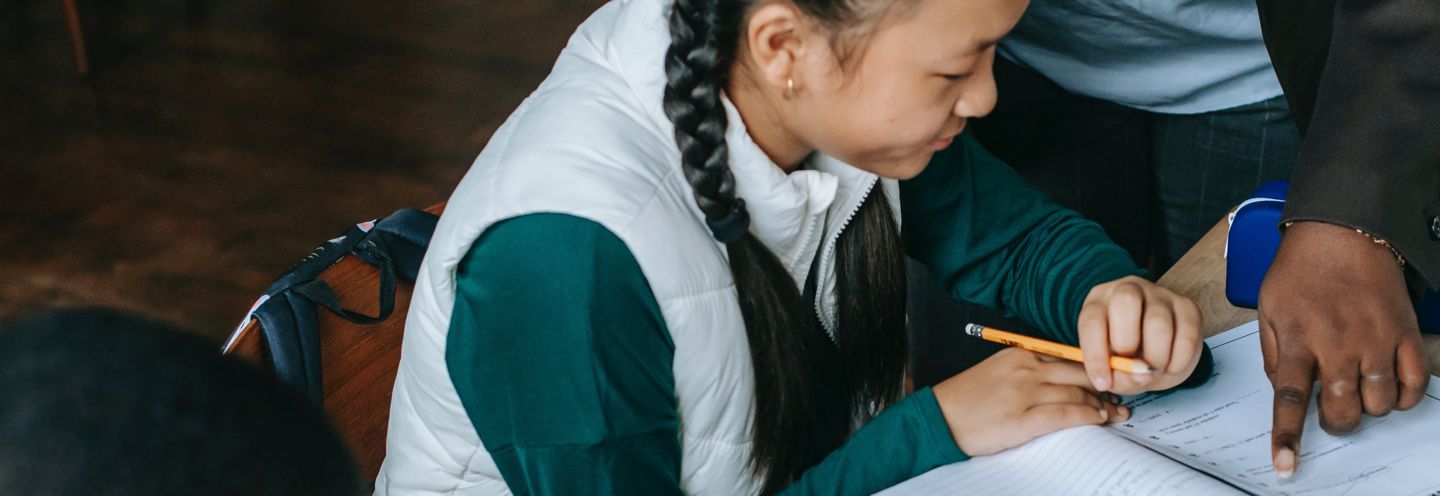Teacher Resources | 386 Results

One of the best ways of fighting hate is to report it to the service or site that hosts the content. Seven in ten kids say they would be more likely to respond to prejudice online if the website or

Search Engines Internet search engines are a big part of how we find things online. You can get the most out of them by learning how they work, and how to use them quickly and effectively.

The internet is like a giant library that catalogues millions of new publications every second. But how do you know if what you’re reading is fiction or non-fiction?

You can train the algorithms on social networks and video sites to show you more of what you want, and less of what you don’t want. Here are some tips:

Students will consider the use of the Internet as a research tool and learn how to use search engines more effectively. They then apply these new found skills to investigating popular myths about

This lesson helps students understand how self-image can influence lifestyle choices.

This lesson helps students become more aware of the stereotypes associated with portrayals of students and teachers on TV. (It is also a good follow-up to the elementary lesson TV Stereotypes.)

This lesson helps students become more aware of the stereotypes associated with portrayals of students and teachers on television and on film.

In this lesson, students discuss reasons why they might be reluctant to intervene when they witness cyberbullying and identify ways that they can help without making things worse. They then use the

This is the second lesson in the Critical Thinking Across the Curriculum series, though it can also be delivered independently. In it, students are introduced to the idea of using information sorting

